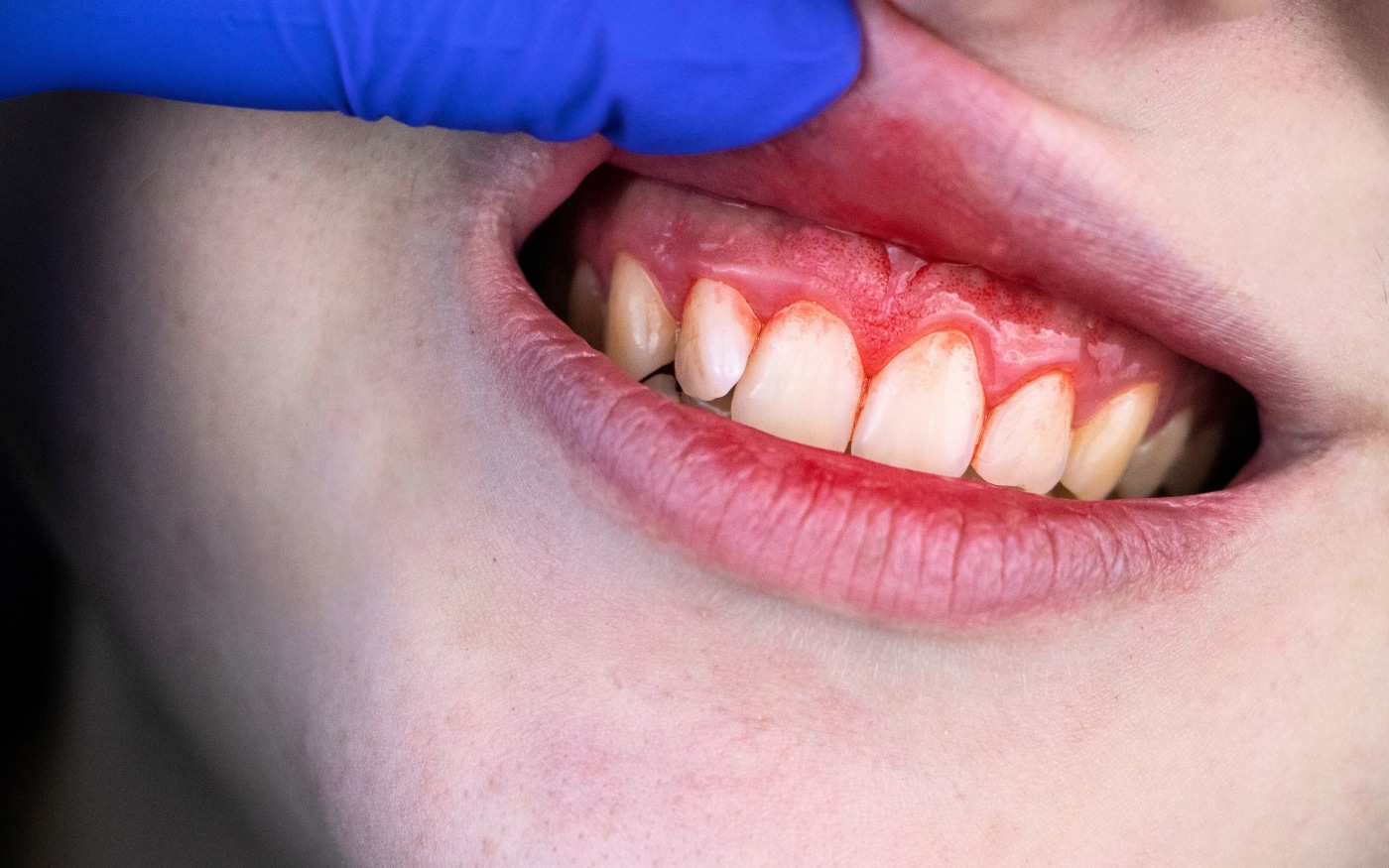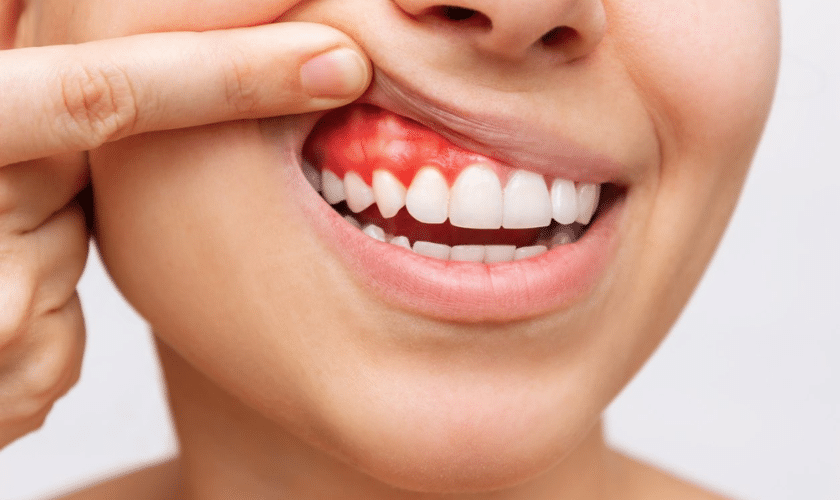
You may not realize it, but gum disease can be a silent killer of your smile. From bleeding gums to tooth loss and more, the effects of gum disease can be devastating if left untreated. In this article, we’ll look at what gum disease is and how it can be prevented and treated. We’ll also explore why early detection is so important—and how you can make sure your teeth stay healthy for years to come.
Understanding Gum Disease: Symptoms and Causes
Gum disease, also known as periodontal disease, is a serious infection of the gums that can lead to tooth loss. It is caused by plaque, a sticky film of bacteria that forms on your teeth. Plaque produces toxins that damage the gums and bone supporting the teeth. If not treated, gum disease will destroy the support system for your teeth and eventually lead to tooth loss. The early stage of gum disease is called gingivitis. Symptoms include bleeding gums, redness or swelling of the gums, and bad breath. Gingivitis is reversible with proper oral hygiene and professional dental care. However, if left untreated, it can progress to periodontitis, which is irreversible. Periodontitis is a more serious form of gum disease that can destroy the bone around your teeth and lead to tooth loss. Symptoms include bleeding gums, pus between your teeth and gums, receding gums, loose teeth, and bad breath. Treatment for periodontitis includes deep cleaning of the affected areas (scaling and root planing), antibiotics, and surgery in severe cases. If you think you may have gum disease, it is important to see a dentist as soon as possible for an evaluation. Early diagnosis and treatment can help prevent further damage to your teeth and gums.
The Importance of Early Detection and Treatment
Gum disease is a serious infection of the gums that can lead to tooth loss and other health problems. Early detection and treatment of gum disease is important to prevent these complications. There are two main types of gum disease: gingivitis and periodontitis. Gingivitis is the early stage of gum disease and is characterized by inflammation of the gums. Periodontitis is the more advanced stage of gum disease and is characterized by damage to the bones and tissues that support the teeth. Gingivitis is often caused by plaque, a sticky film of bacteria that forms on the teeth. Plaque can irritate the gums, causing them to become red, swollen, and bleed easily. If plaque is not removed, it can harden into tartar, which can further damage the gums.
Periodontitis occurs when the bacteria in plaque begin to destroy the bones and tissues that support the teeth. As periodontitis progresses, the gums pull away from the teeth, creating pockets where more bacteria can grow. These pockets can become infected, causing even more damage to the bones and tissues around the teeth. eventually, this process can destroy enough bone and tissue to cause tooth loss.
Early detection and treatment of gum disease is important to prevent these complications. There are several ways to detect gum disease:
* bleeding gums
* red or swollen gums
* receding gums (gums that look like
The Role of Good Oral Hygiene in Reversing Gum Disease
Good oral hygiene is one of the most important things you can do to prevent gum disease. brushing your teeth twice a day and flossing daily can remove plaque, a sticky film of bacteria that forms on your teeth. Plaque can harden into tartar, which can cause your gums to become inflamed and bleed.
If you have gum disease, it’s important to see a dentist so that you can get treatment before the condition gets worse. In its early stages, gum disease is reversible with good oral hygiene. However, if it’s not treated, gum disease can progress to periodontitis, which is a more serious form of the condition that can lead to tooth loss.
To reverse gum disease, you need to remove the tartar from your teeth so that your gums can heal. Your dentist will clean your teeth and may also recommend special mouthwashes or toothpastes. You’ll also need to brush and floss regularly to remove plaque and prevent tartar from building up again. With proper treatment, you can reverse gum disease and keep your smile healthy for years to come.
The Connection between Gum Disease and Overall Health
The connection between gum disease and overall health is well-established. Gum disease has been linked to a number of serious health conditions, including heart disease, stroke, diabetes, and respiratory problems. Keeping your gums healthy is essential to maintaining your overall health.
Gum disease is caused by bacteria that accumulate on the teeth and gums. These bacteria release toxins that damage the gum tissue and bone supporting the teeth. If left untreated, gum disease can progress to more serious forms, such as periodontitis.
Periodontitis is a serious form of gum disease that can lead to tooth loss. It is characterized by inflammation of the gums and destruction of the bone around the teeth. Periodontitis has been linked to an increased risk of heart disease, stroke, and other serious health conditions.
Treating gum disease is essential to maintaining your oral health and overall wellbeing. Early diagnosis and treatment are important to preventing the progression of gum disease. Your dentist can recommend the best course of treatment for you based on the severity of your condition.
Conclusion
In conclusion, gum disease is a serious oral health issue that affects millions of people worldwide. It is often referred to as the “silent killer” because its symptoms can go unnoticed until it is too late. However, with early detection and proper treatment, gum disease can be reversed and prevented. A healthy oral hygiene routine, lifestyle changes, and a balanced diet can all play a role in maintaining good gum health. It is also important to seek professional dental care and treatment if you suspect that you may have gum disease. Remember, your gums are a critical part of your overall health, and taking care of them can have a significant impact on your well-being. So, don’t ignore the warning signs and make sure to visit your dentist regularly to protect your smile and your health.



